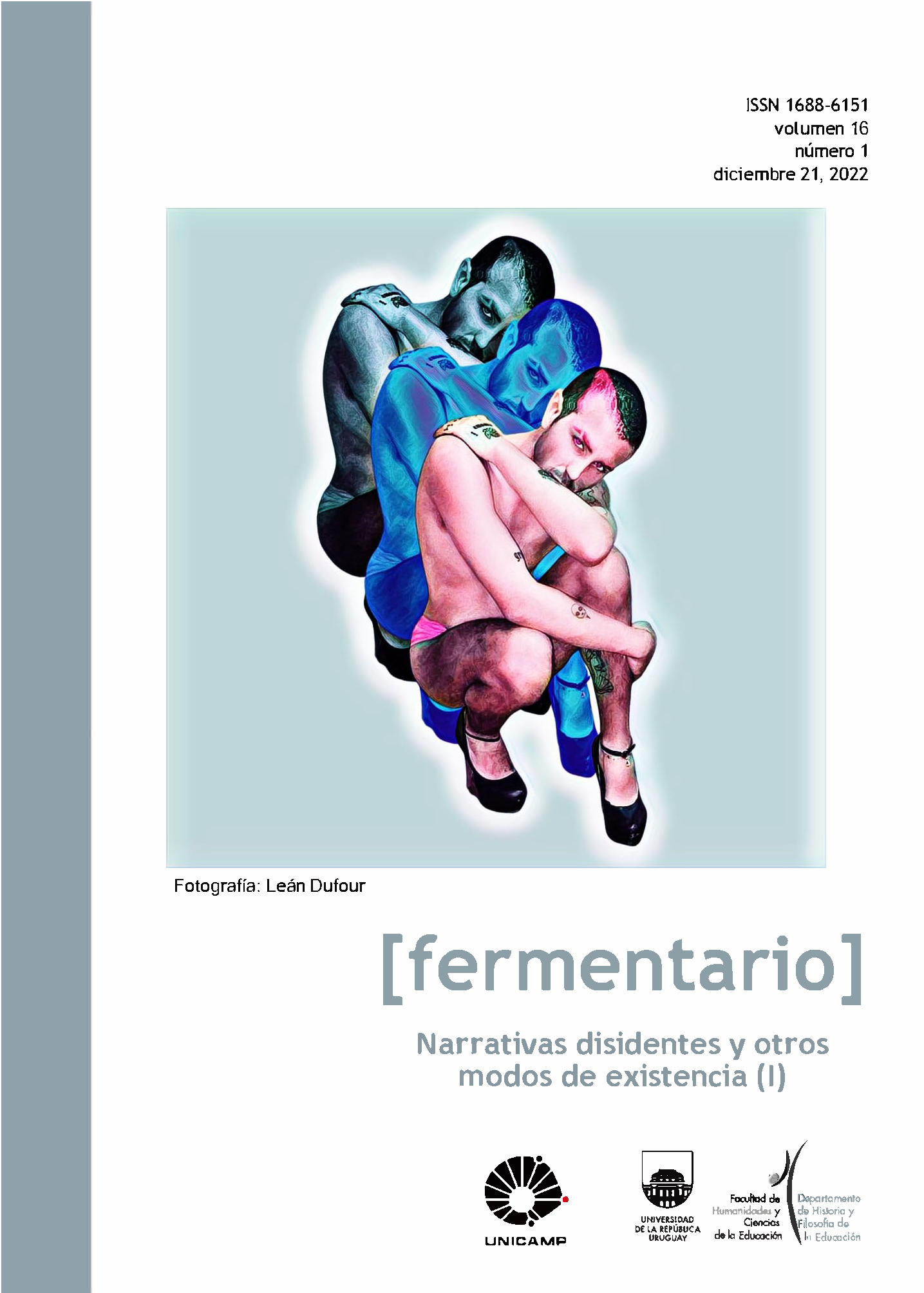Filtros, dragones y golondrinas:: Una lectura de Tristán e Isolda desde la Teoría Moral
Published 2022-12-21
Keywords
- autorreflexão, emoções, sorte moral, Teoria Moral
- emotions, moral luck, Moral Theory, self-reflection
- autorreflexión, emociones, suerte moral, Teoría Moral
How to Cite
Abstract
Starting from the poetic image that the end of Tristan and Isolde leaves us with -a bush linking two tombs-, and the images of the swallows, the dragon and the filter, it is proposed to travel to the deep complexity that the link between Tristan and Isolde means, in order to contemplate the roles of: moral luck in this legendary love, the emotions that mobilize the actions of these lovers, and finally, self-reflection as a process that encourages the address of ethical aspects in a classic piece of universal literature. This work is introduced as a feasible narrative approach to bring to the classroom and help with the emergence of the figure of moral luck as a trigger for global and individual reflections, on the path of thinking and self awareness.
Downloads
References
- Béroul (1981). Tristán e Isolda. Barcelona: Pomaire.
- Bachelard, G. (2002). La poética del espacio. México: FC
- Bennet, J. (2012). La conciencia de Huckleberry Finn. Cuadernos de ética, 27 (40). Recuperado de https://www.academia.edu/24473730/Traducci%C3%B3n_del_texto_de_Bennett_LA_CONCIENCIA_DE_HUCKLEBERRY_FINN_
- Cirlot, J. (2002). Diccionario de símbolos. Barcelona: Siruela.
- Frankfurt, H. (2006). La importancia de lo que nos preocupa. Buenos Aires: Katz.
- Forst, R. (2017). Normativity and Power: Analyzing Social Orders of Justification. Oxford: Oxford University Press.
- Rosell, S. (2006). Nagel y Williams acerca de la suerte moral. Revista de Filosofía, 31(1), 143-165. Recuperado de https://revistas.ucm.es/index.php/RESF/article/view/RESF0606120143A
- Modzelewski, H. (2021). Lectores ecuánimes. Una educación en ciudadanía a través de narraciones y emociones. Mvd.: FHCE-UdelaR.
- Nussbaum, M. (2004). La fragilidad del bien. Fortuna y ética en la tragedia y la filosofía griega. Madrid: La balsa de la Medusa
- Skliar, C. (2013). Presentación. En Larrosa, J. y Skliar, C. (coord.) (2013). Entre pedagogía y literatura. Bs. As.: Miño Dávila. Pp.: 17-23.
- Taylor, Ch. (1977). What is Human Agency? En T. Mischel (Ed.), The Self: Psychological and Philosophical Issues. Oxford: Basil Blackwell.


